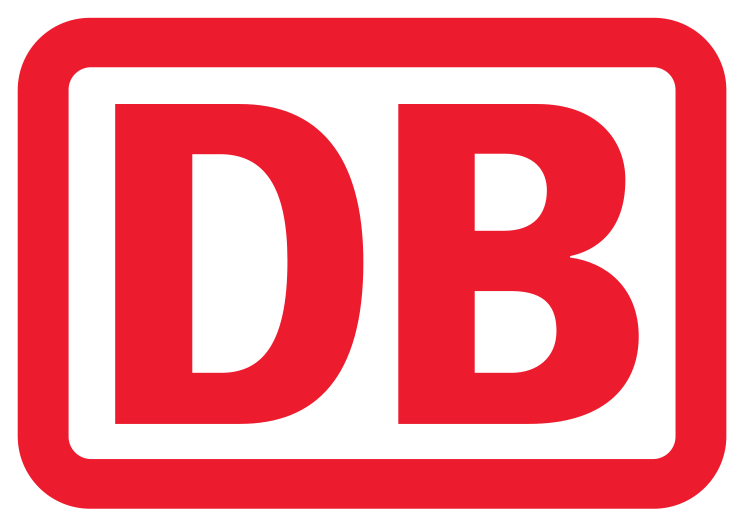Operating cost billing for living space
Practical seminar for newcomers

Contents
Operating Costs Ordinance
- What are operating costs?
Agreeing operating costs with legal certainty
- Effective inclusion of the operating costs to be apportioned.
- Tenant claims in the event of an incorrect agreement.
- Tips for your practice.
- The 4 golden factors of operating cost accounting.
The operating cost statement
- Understanding the billing system.
- Form, content.
- Differentiation between formal and substantive errors.
- Efficiency and transparency requirements.
- Structure and positions.
- Determination and recording of individual costs.
- Cost allocation and distribution, determining/changing the allocation key, consumption-based billing, allocation of increased or newly introduced operating costs, deduction of advance payments.
- Consequences of underestimated advance payments, increase in advance payments/flat-rate operating costs.
- Settlement period and cut-off period, settlement obligation in the event of sale.
- What consequences does the rent reduction have on the service charge bill?
- Insight into the accounting documents.
- Correction of the billing after expiry of the billing deadline, consequences of late billing, right of retention and reclaim.
- Maturity of back payments: Statute of limitations and forfeiture.
- Apply the CO2 levy correctly, just like e-mobility.
- Consideration of balcony solar power plants and renewable energies.
- Solar photovoltaic billing.
Excursus:
The heating costs ordinance in practice (Basics)
§ Section 35a EStG - household-related services
Current case law
Learning environment
In your online learning environment, you will find useful information, downloads and extra services for this training course once you have registered.
Your benefit
You will acquire basic knowledge and understand the systematics of operating cost accounting. You will learn,
- how to prepare your utility bills correctly, make them audit-proof and unassailable,
- how to agree operating costs in a legally compliant manner,
- what requirements there are for the agreement of the apportionment and which contractual design options offer you the greatest possible flexibility,
- which types of operating costs can be effectively allocated to the tenants,
- the pitfalls and mistakes you should avoid when settling operating costs and
- which new regulations and court rulings must be observed.
Further training in accordance with MabV.
Methods
Trainer input, numerous practical cases, discussion, exchange of experience.
Recommended for
Some previous knowledge or initial experience in the preparation of operating cost statements makes it easier to participate in the training, but is not a mandatory requirement. Tenancy administrators, employees of management companies and housing companies, real estate agents, advisory boards, employees of the real estate departments of banks, insurance companies, publicly or cooperatively organized properties, employees of building cooperatives. For all those who want to learn the basics of operating cost accounting.
Further recommendations for "Operating cost accounting for residential property"
7515
Start dates and details

Wednesday, 11.03.2026
09:00 am - 5:00 pm

Monday, 23.03.2026
09:00 am - 5:00 pm
Monday, 20.04.2026
09:00 am - 5:00 pm
- one joint lunch per full seminar day,
- Catering during breaks and
- extensive working documents.

Wednesday, 22.04.2026
09:00 am - 5:00 pm

Wednesday, 17.06.2026
09:00 am - 5:00 pm
Friday, 24.07.2026
09:00 am - 5:00 pm
- one joint lunch per full seminar day,
- Catering during breaks and
- extensive working documents.

Monday, 14.09.2026
09:00 am - 5:00 pm

Friday, 30.10.2026
09:00 am - 5:00 pm
Monday, 09.11.2026
09:00 am - 5:00 pm
- one joint lunch per full seminar day,
- Catering during breaks and
- extensive working documents.

Tuesday, 08.12.2026
09:00 am - 5:00 pm

Monday, 22.02.2027
09:00 am - 5:00 pm
Friday, 05.03.2027
09:00 am - 5:00 pm
- one joint lunch per full seminar day,
- Catering during breaks and
- extensive working documents.
- one joint lunch per full seminar day,
- Catering during breaks and
- extensive working documents.
In order to operate rental management effectively, you need to know the relevant basics of tenancy law. In addition, administrative tasks must be optimally organized and at the same time implemented in a practical manner. Sample letters and various checklists will help you to draft certain contracts and statements correctly.
 4.6
4.6










